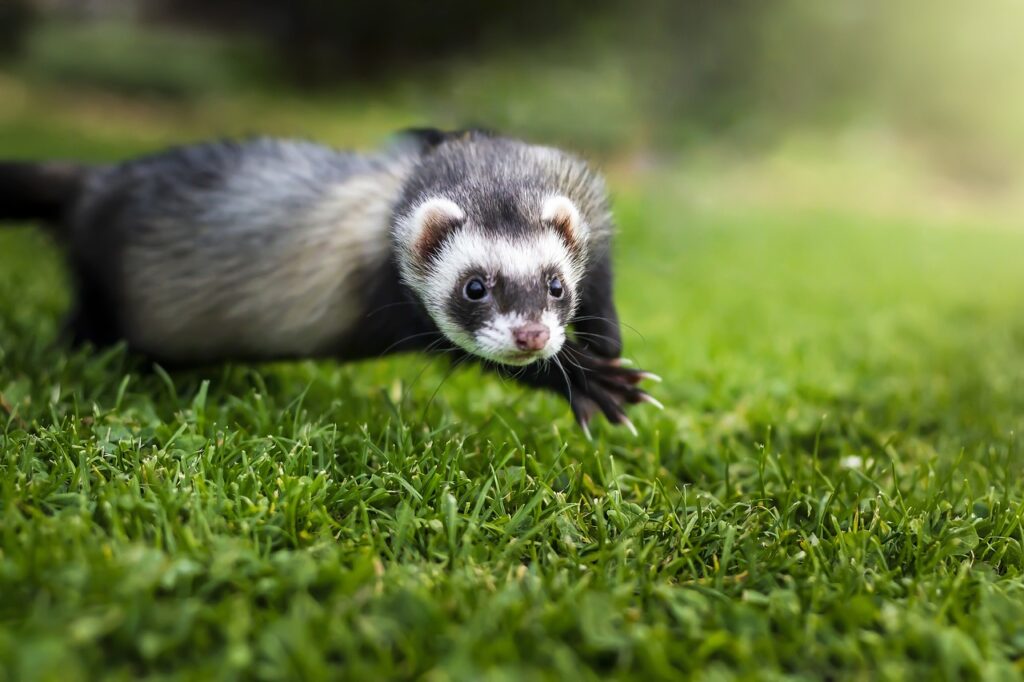Can Ferrets Eat Rice?
As a responsible pet owner, it’s essential to understand what foods are safe for your furry companions. When it comes to ferrets, rice is not recommended as a part of their diet. Despite being a staple in many human diets, rice does not provide adequate nutrition for ferrets and can even pose health risks.
The Dangers of Feeding Rice to Ferrets
Feeding rice to ferrets can lead to several health concerns. Firstly, rice lacks essential nutrients that are crucial for a ferret’s overall well-being. These small animals have specific dietary requirements, including high protein and fat intake. Rice, being primarily a carbohydrate, does not meet these nutritional needs and can result in deficiencies.
Moreover, consuming rice can cause digestive issues for ferrets. Their digestive systems are designed to process meat-based diets, and introducing rice can disrupt the delicate balance. Ferrets may experience discomfort, diarrhea, or even develop gastrointestinal blockages when consuming rice.
Potential Symptoms and Reactions
If a ferret consumes rice, it may exhibit various symptoms and reactions indicating an adverse reaction. These could include diarrhea, bloating, abdominal pain, and lethargy. Any unusual behavior or physical changes should be monitored closely, and immediate veterinary attention sought if necessary.
Safe Alternatives to Rice for Ferrets
While rice is not suitable for ferrets, there are plenty of safer options available. High-quality ferret-specific dry food is the best choice as it meets their nutritional requirements. Additionally, lean meats such as chicken or turkey can be offered as occasional treats, but it’s crucial to avoid seasoning or cooking methods that may be harmful to ferrets.
Suitable fruits and vegetables that can be included in a ferret’s diet include carrots, bell peppers, and pumpkin. However, moderation is key, as these should not make up the majority of their diet.
Tips for Preventing Access to Rice
Preventing your ferret from accessing rice is vital to their well-being. Start by storing dry foods, including rice, in securely sealed containers that are out of reach for curious pets. Ensure that your ferret’s enclosure is free from any spilled food or crumbs that might attract their attention. Additionally, educate family members and guests about the risks of feeding inappropriate foods to ferrets.
Conclusion
In conclusion, rice is not recommended for ferrets due to its inadequate nutrition and potential digestive issues. It is crucial to prioritize the health and well-being of our furry friends by providing them with a balanced diet that meets their specific needs. By avoiding rice and opting for appropriate alternatives, pet owners can ensure the long-term health and happiness of their beloved ferrets.






